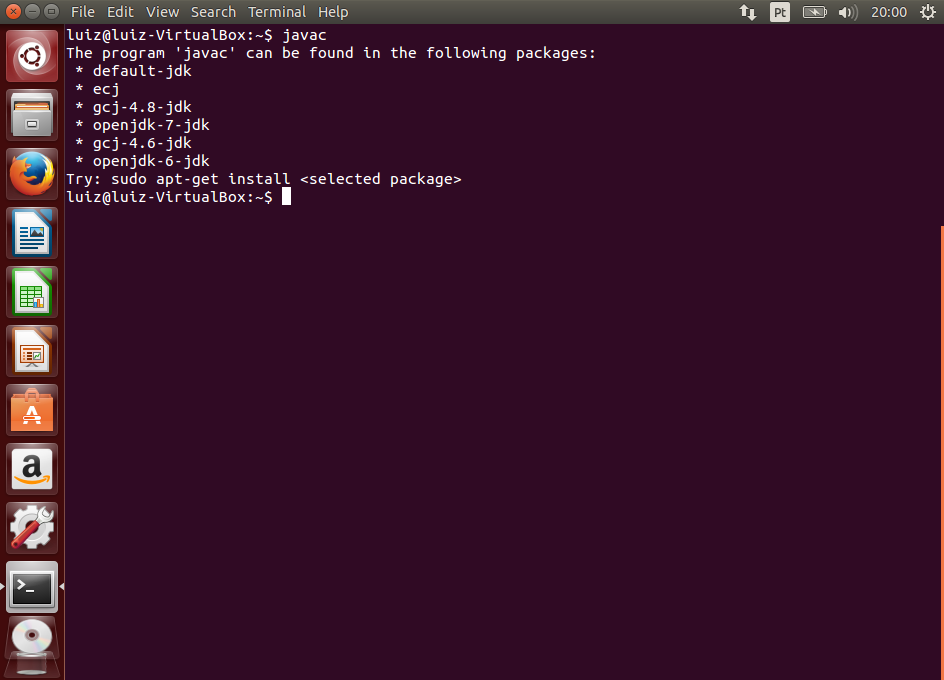

You can install it by shooting a sequence of commands, as mentioned in the blog.For Linux 圆4 systems: jdk-8u version -linux-圆4.tar.gz "Installation of the 64-bit JDK on Linux Platforms"įor Linux aarch64 (64-bit ARM) systems: jdk-8u version (version 8u271 and later) "Installation of the 64-bit JDK on Linux Platformsįor Linux x86 systems: jdk-8u version "Installation of the 32-bit JDK on Linux Platforms"įor Linux 圆4 systems: jdk-8u version -linux-圆4.rpm "Installation of the 64-bit JDK on RPM-based Linux Platforms"įor Linux aarch64 (64-bit ARM) systems: jdk-8u version -linux-aarch64.rpm (version 8u271 and later) "Installation of the 64-bit JDK on RPM-based Linux Platforms"įor Linux x86 systems: jdk-8u version -linux-i586.rpm "Installation of the 32-bit JDK on RPM-based Linux Platforms" This blog is a short tutorial for guiding the installation of Java (JDK) on Kali Linux. $ sudo update-alternatives -config javac Conclusion If need to install a different version of Java instead of the default version, use the below commands: $ sudo update-alternatives -config java Just shoot the below command for checking the proper installation.

Step 2 - Install default JDK on Kali $ sudo apt install default-jdk Installation Step 1 - Update Kali $ sudo apt update

However, you can download the binary after registration at the Oracle portal. No need for the binary for installation on Kali Linux. Kali Linux is a Linux-based framework that comes with pre-install different cybersecurity tools. Kali Linux is the first choice of security professionals to identify vulnerabilities in IT products. JDK is used in compiling and running Java applications. This short tutorial helps guide you on installing the Java Development Kit (JDK) on Kali Linux.


 0 kommentar(er)
0 kommentar(er)
